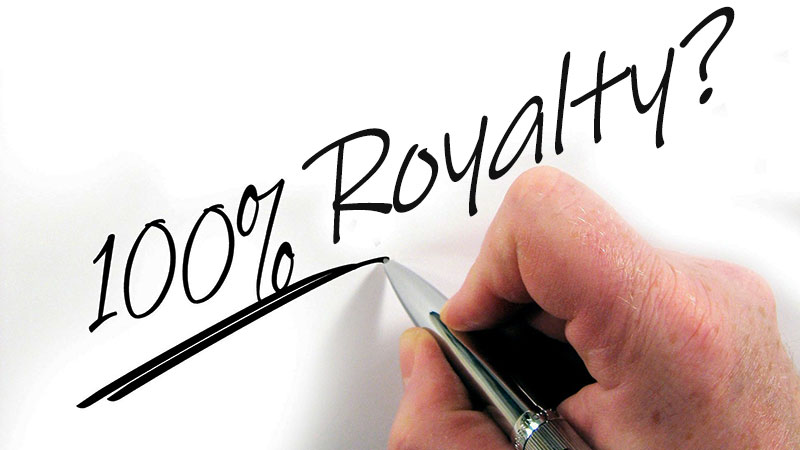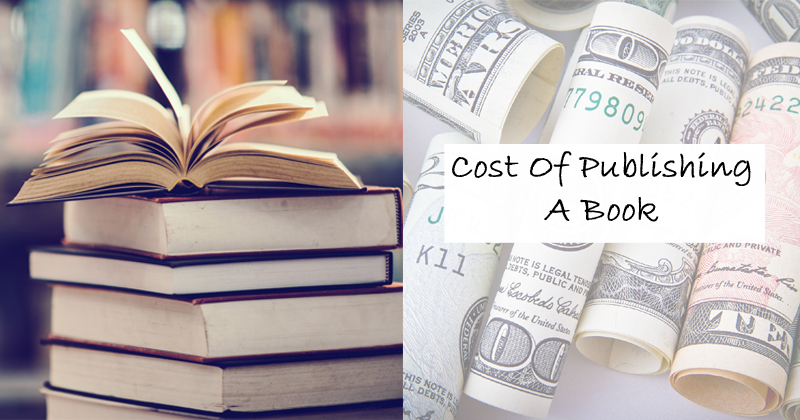
A lot of authors mistake royalties for book sales. Due to this misunderstanding, they tend to rush into careless decisions. A section of this article aims to clarify book royalties and educate authors of other things that need consideration.
Book publishing scams are the number one factor that discourages authors from publishing another book. Thusly, all the magic, ideas, and wonders of what human mind perceives no longer reach book enthusiasts. These wonders possess something that broadens people’s understanding of life and everything beyond it. Due to book publishing scams, people become deprived of the right to know more about what these are.
Although there are publishing firms that work with integrity, some persist to play the game with selfish intents. The latter would use the art of deceit to force authors into signing up for service with them. Through false promises and unrealistic expectations, first-time authors take the bait unknowingly. From the mention of “you will receive 100% royalties from a book sale”, all doubts for the literary industry sprout forth.
Understanding Book Royalties
Book publishing and/or marketing terminologies such as “book royalties” sound foreign to some authors, if not all. Thus, “receiving a hundred percent of book royalties” is music to the ears, until an author knows what book royalties mean. By definition, book royalties are a percentage of sales of a particular book. Needless to say, the hundred percent that book publishers refer to is the hundred percent an agreed percentage. First-time authors confuse book sales with book royalties.
This event is not entirely the fault of the authors. Out of desperation to close a sale, cunning sales agents omit parts of the whole truth. To fully convince authors, they only tell them what authors want to hear. Hence, they, the authors, remain oblivious to the whole truth of royalties. Malpractices in the book publishing industries involve fancy talks, fashioned with ill-intent, to charm authors.

Prevent yourself from falling into their tricks and start researching about book publishing processes. By doing so, you’ll see that book publishing agents told you the truth. Yet, this truth lacks information and thereby mislead authors. Research comes in extremely important to protect authors from malpractices in the publishing industry.
Suggested Read: How to Increase Your Book Sales
How Self-Published Authors Obtain Their Share
When a book is purchased, authors assume immediately they obtain a hundred percent of the sale. Unfortunately, that is not how it works. There are things that authors need to consider: share of the literary agent, share of the self-publishing industry, shipping fee, cost of print, and etc.
As a matter of fact, authors only get 8% of the retail price for the first 150, 000 copies sold for paperbacks. Then, two percent will be added once the number of sold copies exceed 150, 000. As for paperbacks, authors get 10% of the retail price for the first 5,000 copies. Thereafter, the royalty increases to 12.5% for the next 5,000 copies sold. If the number of books sold exceeds 10,000, the royalty increases to 15%. These rates depend on the agreed terms between the author and the self-publishing firms, though these rates are “typical”.
These rates sound nothing like the “100% royalties” most publishers promised you, right? Surely, you can’t just rely on your self-publishers—consider the services of online book marketers or online book publicists. As experts in the field of marketing, they ace in heightening your book’s visibility in a given timeline. Know more about the advantages of working with book publicists.

Related Post

Your Online Publicist: Amplifying Author
In today's information-driven world, authors have a unique opportunity to




